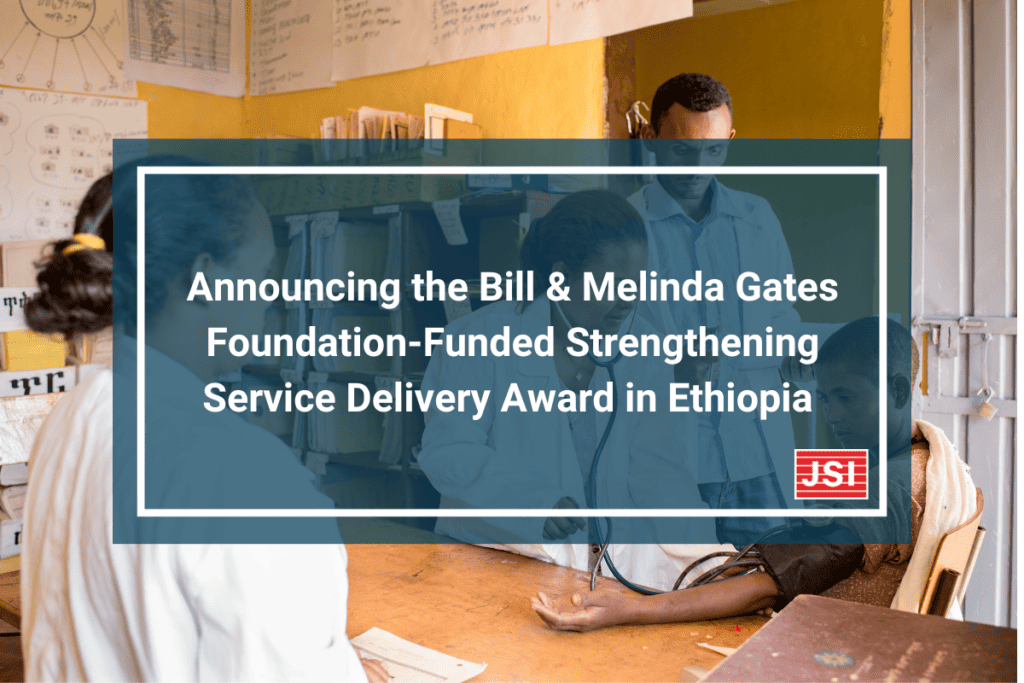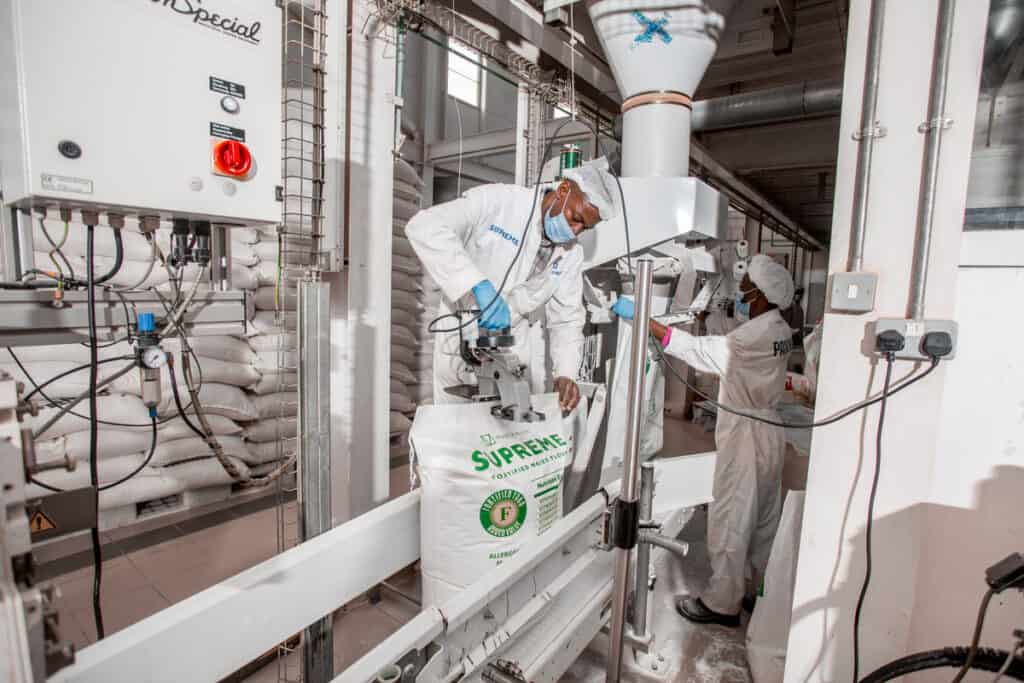This website uses cookies so that we can provide you with the best user experience possible. Cookie information is stored in your browser and performs functions such as recognizing you when you return to our website and helping our team to understand which sections of the website you find most interesting and useful.
Systems Strengthening
Systems involve a complex collection of people and their behaviors, and to be well-functioning must be operated by people who work with and for the communities, families, caregivers, and children that they serve. That is why social and behavior change (SBC) is the cornerstone of high-performing health, social welfare, education, and ecological systems.
We use behavioral science to understand actions, decision-making, and interactions among and between health system elements that influence the social and structural determinants of health. We use SBC to shift financing, governance, supply chain, and service delivery practices. We work across program and functional silos, bridging supply and demand, operationalizing person-centered care, recognizing providers as both targets and catalysts for change, and engaging the private sector to enhance health system efficiency, resilience, and sustainability.
We work at all levels of the health ecosystem to strengthen systems and inspire positive change in sectors including health, education, food security, urban planning, environment/climate, and economics. Behavior integration guides our analysis of the structural, social, and individual factors that inhibit or support behaviors linked to systems through research methods such as political economy analysis and journey and systems mapping. We ensure local priorities and voices lead our systems-strengthening work, with a focus on people’s behaviors and context.
For more information, contact Melinda McKay, Behavior Initiative Director at Melinda_McKay@jsi.com.
Project in Focus
ACCELERATE
Under ACCELERATE, The Manoff Group (TMG)—now part of JSI—developed the ground-breaking Behavior Integration approach. This approach informed USAID’s Vision for Health System Strengthening 2030, which applies SBC to health system strengthening for the first time. According to USAID, our work has helped integrate behavior into USAID programming, improving the effectiveness, efficiency, value, and community-centered nature of global and country programs. TMG has helped governments use this SBC approach to set priorities and develop strategic and resource plans to deliver high-quality services. We continue to improve this approach by applying it across health, education, and socioeconomic priorities and developing additional resources under our THINK|BIG platform.





